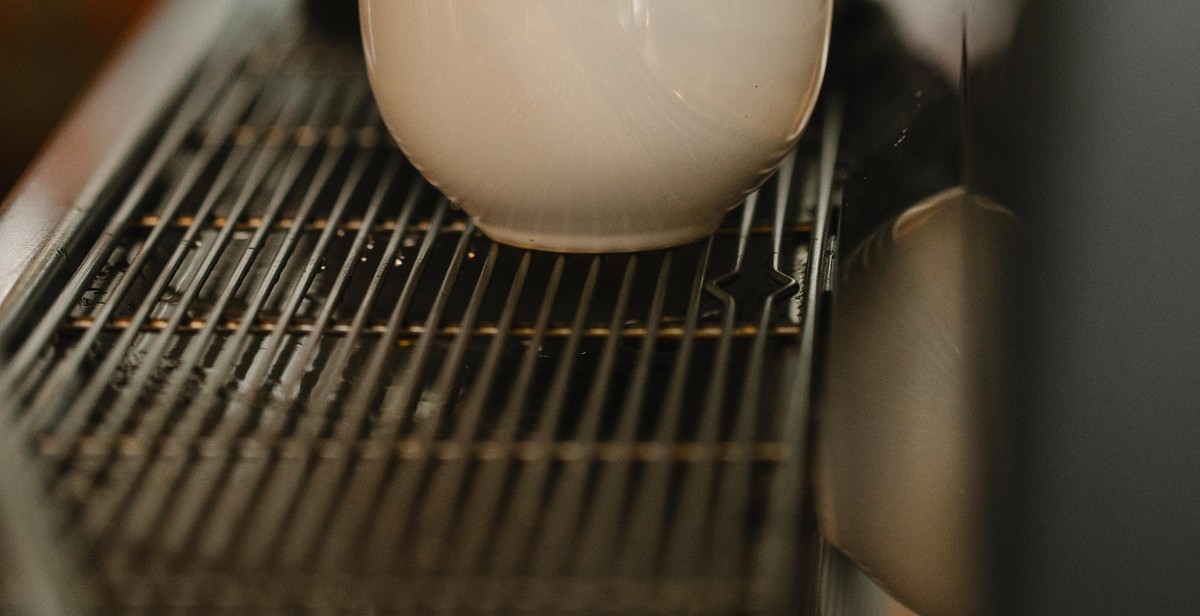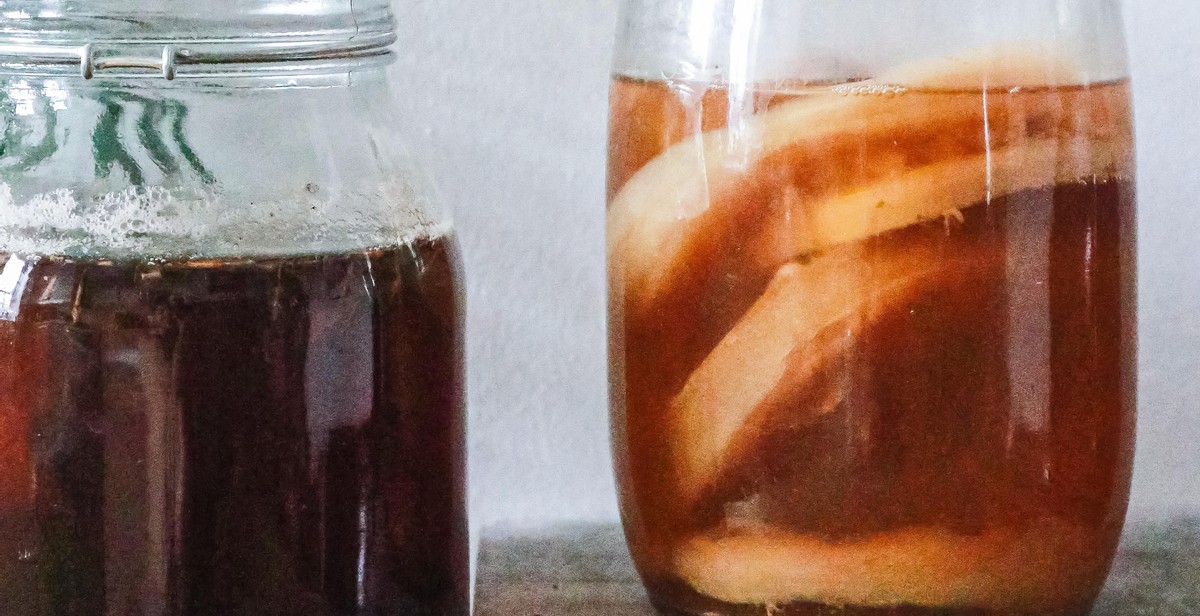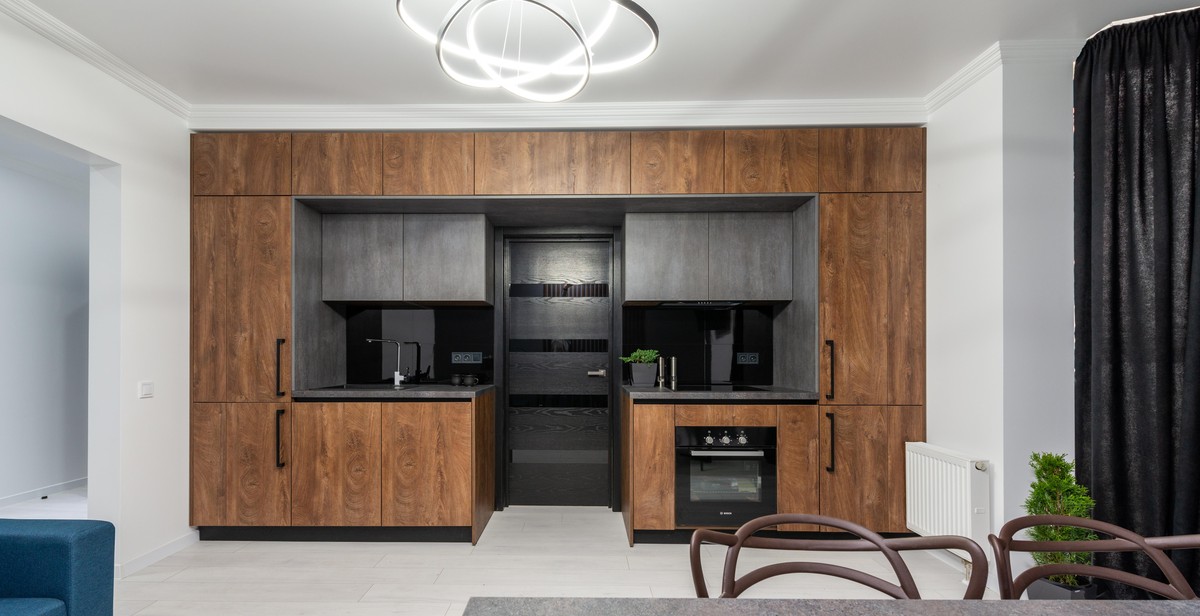How to Reduce Your Energy Usage in the Kitchen
Reducing energy usage in the kitchen is not only environmentally friendly but also cost-effective. The kitchen is one of the most energy-intensive areas of the house, with appliances such as refrigerators, ovens, and dishwashers consuming a lot of energy. However, there are several ways to reduce your energy usage in the kitchen without sacrificing convenience or comfort.
1. Optimize Your Refrigerator
Your refrigerator is one of the biggest energy consumers in your kitchen. To reduce energy usage, ensure that the temperature is set to the recommended level, and keep the refrigerator full but not overcrowded. This will help it maintain a consistent temperature, reducing the time it takes to cool down after opening the door.
2. Use Energy-Efficient Appliances
When purchasing new appliances for your kitchen, look for those with an Energy Star label. These appliances are designed to use less energy and save you money on your utility bills. Additionally, consider using smaller appliances such as a toaster oven or microwave instead of your oven, which consumes a lot of energy.
3. Cook Smart
When cooking, use the right size of pots and pans for your stove burners to avoid wasting energy. Also, avoid opening the oven door unnecessarily, as it releases heat and makes your oven work harder to maintain the desired temperature.
4. Clean Efficiently
When using your dishwasher, ensure that it is full before running it to maximize its efficiency. Additionally, consider using the energy-saving mode on your dishwasher to reduce water and energy usage. When handwashing dishes, fill the sink with soapy water instead of running the tap continuously.
By following these simple tips, you can significantly reduce your energy usage in the kitchen and save money on your utility bills while also contributing to a greener planet.

Choose energy-efficient appliances
One of the most effective ways to reduce your energy usage in the kitchen is to upgrade to energy-efficient appliances. Energy-efficient appliances consume less energy than their traditional counterparts and can help you save money on your energy bills in the long run. When shopping for energy-efficient appliances, here are a few things to keep in mind:
Upgrade to Energy Star certified appliances
Energy Star is a government-backed program that helps consumers identify energy-efficient products. When shopping for appliances, look for the Energy Star label to ensure that the product meets the program’s energy efficiency standards. Energy Star certified appliances are designed to use up to 50% less energy than traditional models, which can help you save money on your energy bills over time.
Choose the right size for your needs
When selecting an appliance, choose the right size for your needs. A larger appliance may seem like a better value, but it will consume more energy than a smaller one. Consider the size of your household and your typical usage patterns to determine the appropriate size for your needs.
Use your appliances efficiently
Using your appliances efficiently can also help you reduce your energy usage. Here are a few tips:
- Run your dishwasher only when it’s full, and use the energy-saving cycle if available.
- Use the appropriate size burner on your stove for the size of the pot or pan you’re using.
- Keep your refrigerator and freezer at the recommended temperature settings.
By following these tips and upgrading to energy-efficient appliances, you can reduce your energy usage in the kitchen and save money on your energy bills.
| Appliance | Energy Savings |
|---|---|
| Refrigerator | Up to 40% |
| Dishwasher | Up to 50% |
| Washing Machine | Up to 25% |

Reduce Water Usage
Reducing water usage in the kitchen is essential for both the environment and your pocket. Here are some ways you can reduce your water consumption:
Fix Leaks Immediately
Leaking faucets and pipes can waste a significant amount of water over time. Therefore, it is essential to fix any leaks as soon as they are noticed. Even a small drip can waste up to 20 gallons of water per day. Check your faucets, pipes, and dishwasher for leaks regularly.
Use Your Dishwasher Efficiently
Using your dishwasher efficiently can help you save water. Only run the dishwasher when it is full, and use the eco-cycle option if available. Pre-rinse your dishes with a small amount of water instead of letting the water run continuously. Also, avoid using the rinse-hold cycle, which can waste up to 7 gallons of water per use.
Handwash Dishes Efficiently
If you prefer to handwash your dishes, you can still reduce your water consumption. Fill the sink with a small amount of soapy water and turn off the tap while washing. Rinse the dishes with a small amount of water, or use a basin to rinse them all at once. Avoid letting the water run continuously while washing or rinsing dishes.
| Activity | Water Usage |
|---|---|
| Handwashing Dishes | 2-4 gallons per minute |
| Dishwasher (standard cycle) | 6-10 gallons per cycle |
| Dishwasher (eco-cycle) | 3-5 gallons per cycle |
By fixing leaks immediately, using your dishwasher efficiently, and handwashing dishes efficiently, you can reduce your water usage in the kitchen. These simple changes can help you save money on your water bill and contribute to a more sustainable future.

Change your cooking habits
Reducing your energy usage in the kitchen isn’t just about the appliances you use, it’s also about the way you cook. Here are a few simple habits you can adopt to help minimize your energy consumption:
Use lids when cooking
Using lids when cooking can help to reduce the amount of heat that escapes from your pots and pans. This means that your food will cook faster and you won’t need to use as much energy to keep the temperature consistent. Plus, using lids can help to prevent splatters and spills, which can also save you time and energy on cleaning up.
Choose the right pot for the job
Choosing the right pot or pan for the job can also help to reduce your energy usage. If you’re cooking something that requires a lot of heat, like boiling water or searing meat, use a smaller pot or pan that fits the job. Using a larger pot or pan than necessary means that you’ll be using more energy to heat up a larger area than you need to.
Use residual heat
Once your food is done cooking, turn off the heat and let it sit on the stove for a few minutes. The residual heat from the stove will continue to cook your food without using any additional energy. This is a great way to save energy and ensure that your food is fully cooked without leaving it on the stove for too long.
Cook multiple dishes at once
If you’re cooking multiple dishes at once, try to use the same temperature and cooking time for all of them. This will allow you to cook everything at once without having to adjust the temperature or cooking time for each individual dish. This can help to save time and energy, and it also means that you’ll have all of your food ready at the same time.
| Habits | Benefits |
|---|---|
| Use lids when cooking | Reduces heat loss, saves time on cleaning up |
| Choose the right pot for the job | Reduces energy usage by using smaller pots or pans |
| Use residual heat | Saves energy and fully cooks food without leaving it on the stove for too long |
| Cook multiple dishes at once | Saves time and energy by using the same temperature and cooking time for all dishes |

Upgrade your lighting
Lighting is a crucial aspect of any kitchen, but it can also be a significant source of energy consumption. Upgrading your lighting can help you reduce your energy usage in the kitchen. Here are some tips to help you get started:
Switch to LED bulbs
LED bulbs are a great way to reduce your energy usage in the kitchen. They are more energy-efficient than traditional incandescent bulbs and can last up to 25 times longer. LED bulbs also emit less heat, which can help reduce your cooling costs in the summer.
When you switch to LED bulbs, make sure to choose bulbs with a color temperature that suits your needs. Warm white bulbs (2700K-3000K) are ideal for creating a cozy atmosphere, while cool white bulbs (4000K-5000K) are perfect for task lighting.
Install motion sensors or timers
Motion sensors and timers are another great way to reduce your energy usage in the kitchen. They can help ensure that your lights are only on when you need them, which can help you save money on your energy bills.
For example, you can install a motion sensor in your pantry or closet to ensure that the light is only on when you are in the room. You can also install a timer on your kitchen lights to ensure that they turn off automatically when you are not using them.
Use natural light
Natural light is the most energy-efficient lighting source available. If your kitchen has windows, make sure to take advantage of them. Open your blinds or curtains during the day to let in as much natural light as possible.
You can also consider installing skylights or solar tubes to bring even more natural light into your kitchen. These options can help you reduce your energy usage and create a bright, inviting space.
| Tip | Description |
|---|---|
| Switch to LED bulbs | LED bulbs are more energy-efficient and emit less heat than traditional incandescent bulbs. |
| Install motion sensors or timers | Motion sensors and timers can help ensure that your lights are only on when you need them. |
| Use natural light | Natural light is the most energy-efficient lighting source available. |

Conclusion
Reducing energy usage in the kitchen is not only good for the environment, but it can also save you money on your energy bills. By following the tips and tricks outlined in this article, you can make simple changes to your daily routine that will have a significant impact on your energy consumption.
Key takeaways
- Switch to energy-efficient appliances to save on energy costs in the long run.
- Use a slow cooker or pressure cooker to cook meals more efficiently.
- Make use of natural light and switch to energy-efficient lighting options.
- Consider investing in a smart thermostat to regulate your kitchen’s temperature.
- Be mindful of your water usage and consider using a dishwasher instead of handwashing dishes.
By incorporating these tips into your daily routine, you can reduce your carbon footprint and save money on your energy bills. Remember, small changes can make a big difference, and every effort counts towards a more sustainable future.
 |
Reduce energy usage in the kitchen |
Thank you for reading this article on how to reduce your energy usage in the kitchen. We hope you found it informative and helpful. If you have any additional tips or suggestions, please feel free to share them in the comments below.
